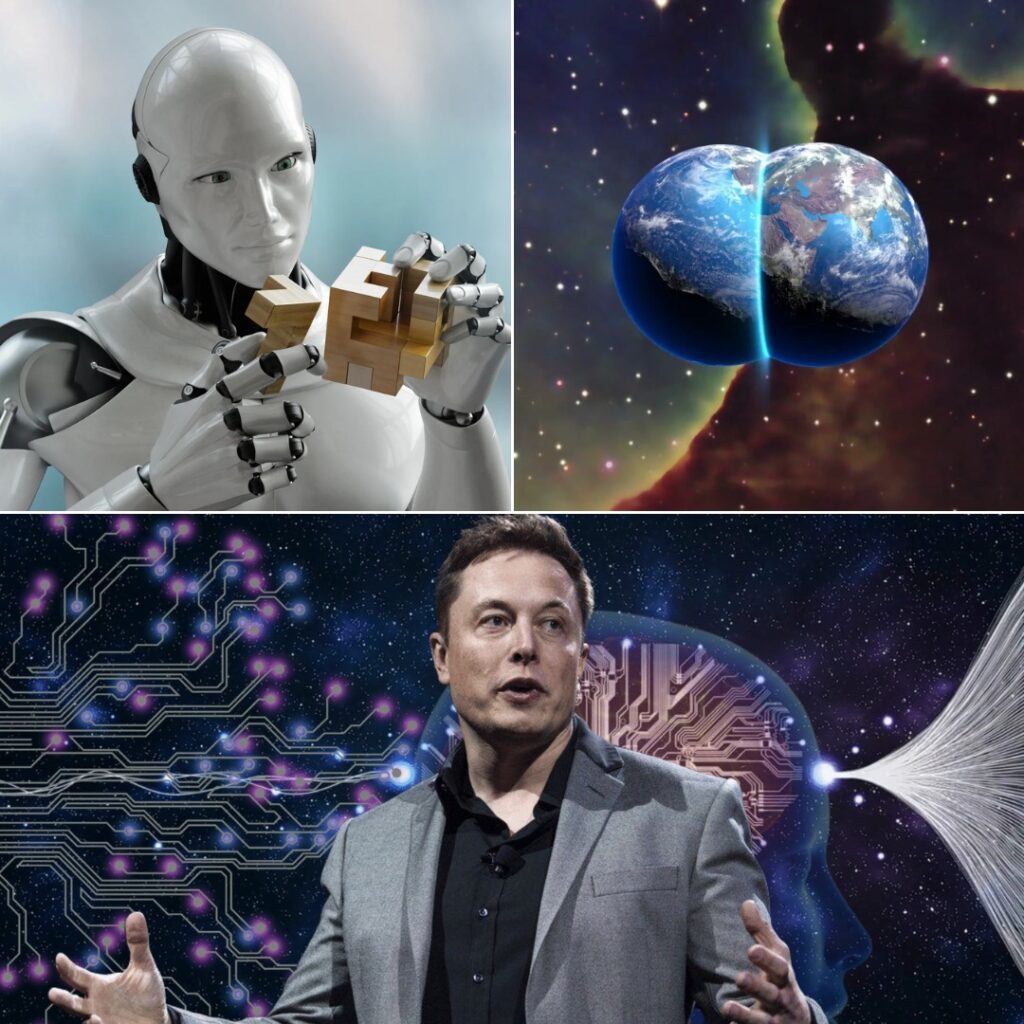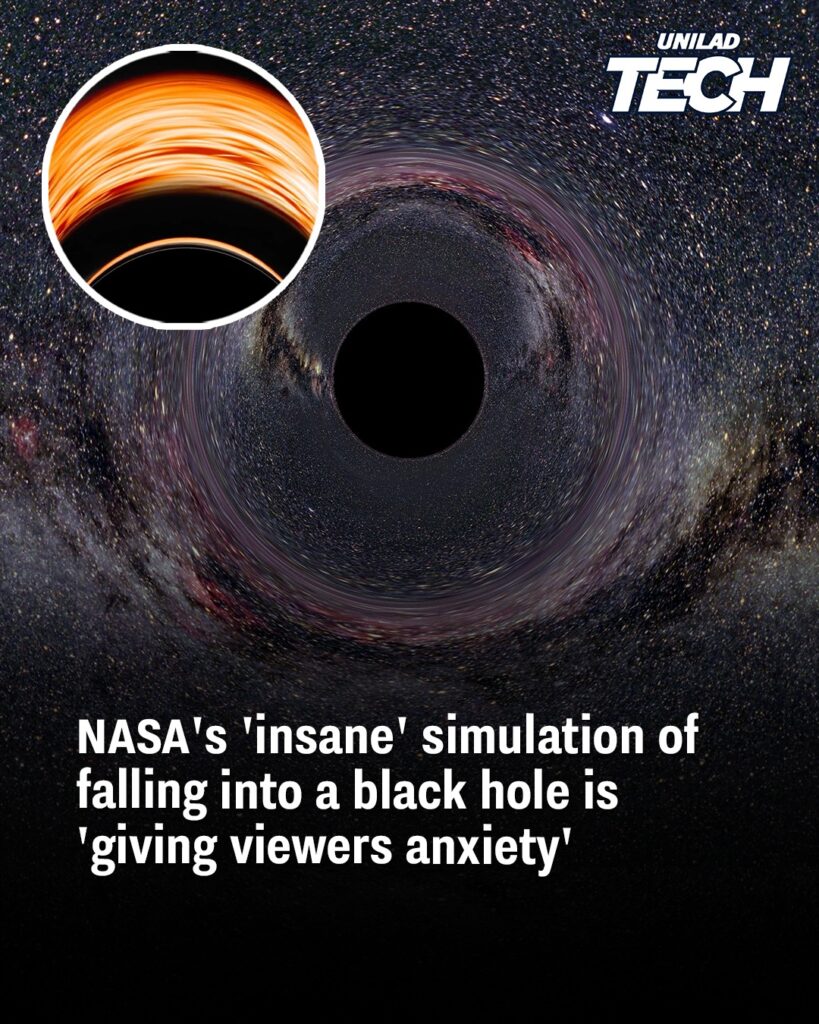Elon Musk proposes that artificial intelligence might soon be able to create simulated universes that mirror our reality. This provocative idea raises both thrilling opportunities and profound ethical dilemmas about existence, consciousness, and responsibility. As discussions unfold, the implications for humanity and our understanding of reality are immense, leading to questions about the nature of life and morality in AI-generated worlds.
This article explores NASA's latest black hole simulation, created by astrophysicist Jeremy Schnittman, which visualizes the terrifying yet fascinating consequences of falling into a supermassive black hole, including the concept of spaghettification and the effects of time dilation.

